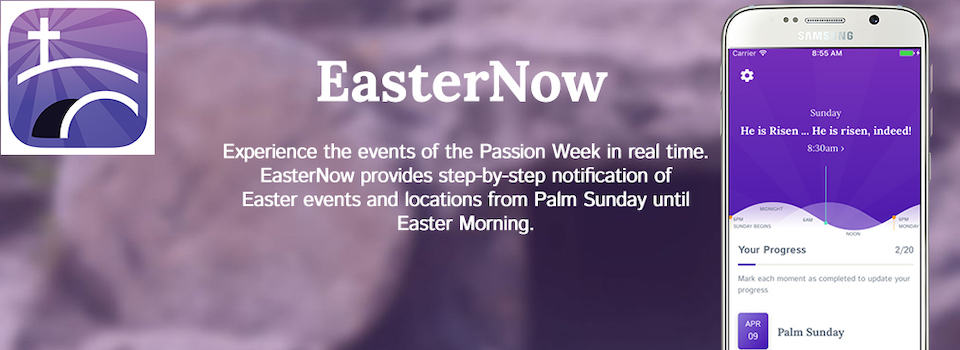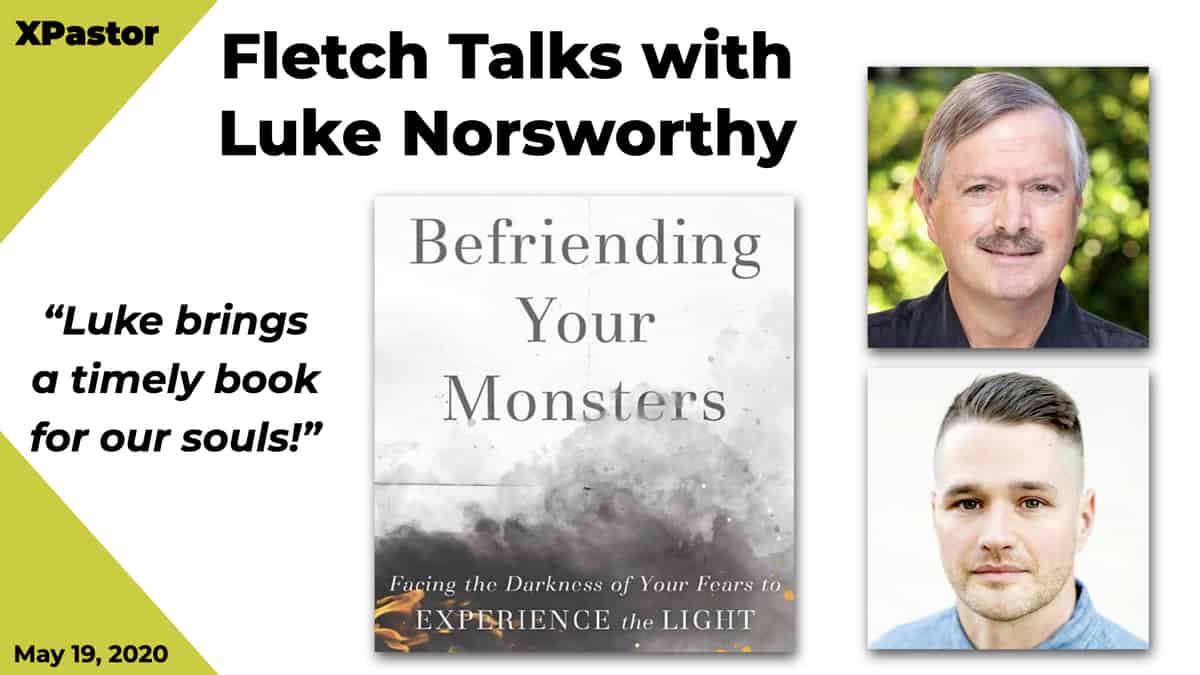Nothing pains like divorce … especially when children are involved. While divorce is a family matter, it can spill into the workplace through child custody disputes. This can be quite challenging for leaders who must deal with the fallout.
In recent years, our church has dealt with several difficult custody disputes—our hearts go out to the families involved. Even so, each experience has been painful and taxing to our staff members. From these experiences we have developed ways of handling divorce-related custody issues. I share these with you now, in the hopes that it might help you in navigating these troublesome waters.
The Character Witness Trap
When news of a divorce first hits, it is natural for those around the couple to feel concern and compassion. Friends may want to help, but feel there is little they can do. After separation, the husband and wife may each choose to hire an attorney and go to court. The court assigns a guardian ad-litem (court investigator working on behalf of the children) who then analyzes the family. This is where the difficulty for the organization begins.
Following their first court appearance, the husband and wife will each ask their friends to be character witnesses for them. Friends may jump at the chance to speak to the court investigator because they feel it is a way to help. What happens next is usually a terrible surprise for the well-intentioned volunteer witness.
The guardian ad-litem interviews the kind-hearted friend. The friend says nice things about the spouse for whom they are advocating. But then the investigator hears an inconsistency and begins to drill down. Suddenly, the truthful friend has said something that doesn’t put the spouse in a good light. The court investigator “finds a thread and begins to pull.” Suddenly everything unravels. The friend has unwittingly made unflattering statements that are now part of the court record. The negative information is available for all to see, including the spouse for whom the friend was supposed to be advocating. When the spouse, who is already hurting, hears of the unflattering statements, they feel even more hurt and betrayed. Many times they redirect all the hurt of the divorce towards the friend, which permanently severs the relationship. Hurting people hurt people.
Particularly Toxic in Church
This dynamic is made all the more explosive when the divorcing couple seeks character references from the staff of your church or Christian school. Each spouse may have close ties to people on the staff. They may perceive staff members as particularly good character witnesses because they come with the “implied” blessing of the church.
Of course this causes all kinds of problems. When a staff member voluntarily advocates for one spouse, the church loses all relationship with the other spouse. The church’s ability to minister to both parties and reconcile the couple can disappear. Further, the workplace environment becomes polarized as various staff members “take sides.”
The Difficult Solution
Regrettably, there is no clean or easy answer. There is nothing a leader can do in this situation that will make everyone happy. You have a responsibility to love and minister to the couple. But you have to balance that in conjunction with your responsibility to minister to the many others in your church. What’s more, you have a responsibility to maintain a productive workplace for the staff.
As a church, we put in much prayer and weighing of these tough issues. Ultimately, we decided that our overarching responsibility is to promote unity within Christ’s body and maintain a neutral position that allows us to minister to all involved. Of course none of this is to say that we don’t uphold the direction of scripture and call out sin where it exists in a marriage. It is simply to say we won’t become voluntarily entangled in civil legal matters. Our role as a church is to stay outside of the court battles in order to focus on providing emotional, spiritual and prayer support to the parents and children involved.
A Policy to Protect Staff
We have pastors and teachers in our organization that have been deeply hurt by their participation in guardian ad-litem interviews. They thought they were doing something constructive at the beginning; however, they quickly learned the pitfalls described above. As such, we have implemented a policy to protect our staff. When asked to voluntarily participate in a custody dispute, staff members simply state that they are barred from doing so by church policy. This removes them from having to say “yes” or “no” themselves. It prevents them from being perceived as taking sides.
The difficulty with this policy is that the spouse requesting a character reference may feel unsupported by the church. This is understandable and regrettable. However, the spouse has other non-church staff people he or she may ask. Using them instead is a small price for protecting the church’s ability to minister to all involved.
Subpoenas
Our church abides by the law. If the court absolutely must have the testimony of a church staff member, it has the power to issue a subpoena. While a subpoena may sound unusually serious and difficult, it is a normal part of court proceedings. A subpoena protects the staff member because it makes them an involuntary witness. They ultimately do not have a choice to answer questions because the court compelled their participation. Further, statements made under subpoena are aimed at uncovering the unvarnished truth of a situation (and not intended to voluntarily help or hurt either side). This dispels the notion that a staff member is a voluntary advocate. If something truthful-yet-damaging is revealed, the party issuing the subpoena is ultimately responsible (because they invited the truth-telling). Subpoenas clarify boundaries.
Policy Regarding Staff Participation in Custody Disputes
Here is our specific policy. It is not offered as legal advice, but simply to give a reference point for organizations considering such a policy:
Staff members must not voluntarily participate in custody proceedings of any kind. Staff members may not participate in and/or provide information, such as but not limited to, written notes, letters, emails, meetings, conferences, interviews to persons, such as but not limited to, guardian ad-litems, attorneys, paralegals and to adults and/or youth in custody or court and/or attorney appointed hearings or meetings.
Staff members may only participate in such proceedings if compelled to do so under a court-issued subpoena. In the event that questioning involves a confidence shared under clergy privilege or counseling privilege, staff members are encouraged to exercise the right to privilege.
The aim of this policy is to protect staff members from the broken relationships and inability to minister that can inevitably result from such testimonies. Staff may best serve by remaining outside of these issues and focusing on emotional support, spiritual support and prayer support of the children and parents involved.
Balancing Many Sides
When dealing with divorce, the church and the courts have differing roles. None of this is intended to diminish the difficult work being done by guardian ad-litems, judges and the courts. They are dedicated, skilled and discerning human beings working hard in their roles. They work for the best possible outcome in a civil process. The information offered here is simply to assist the church in maintaining its distinct role to help with the emotional and spiritual aspects of divorce into which the courts aren’t always able to speak.
It’s difficult when an ugly divorce lands in the middle of your organization. As a leader, it’s important to remember that you did not invite it. Individuals independently choose to marry, to have children, to work hard on the marriage … or to end it and go to war with each other. Their battle was brought to you and some carnage may be inescapable. But with prayer, guidance from scripture, grace, patience and a solid policy, you can find a reasonable way forward.











